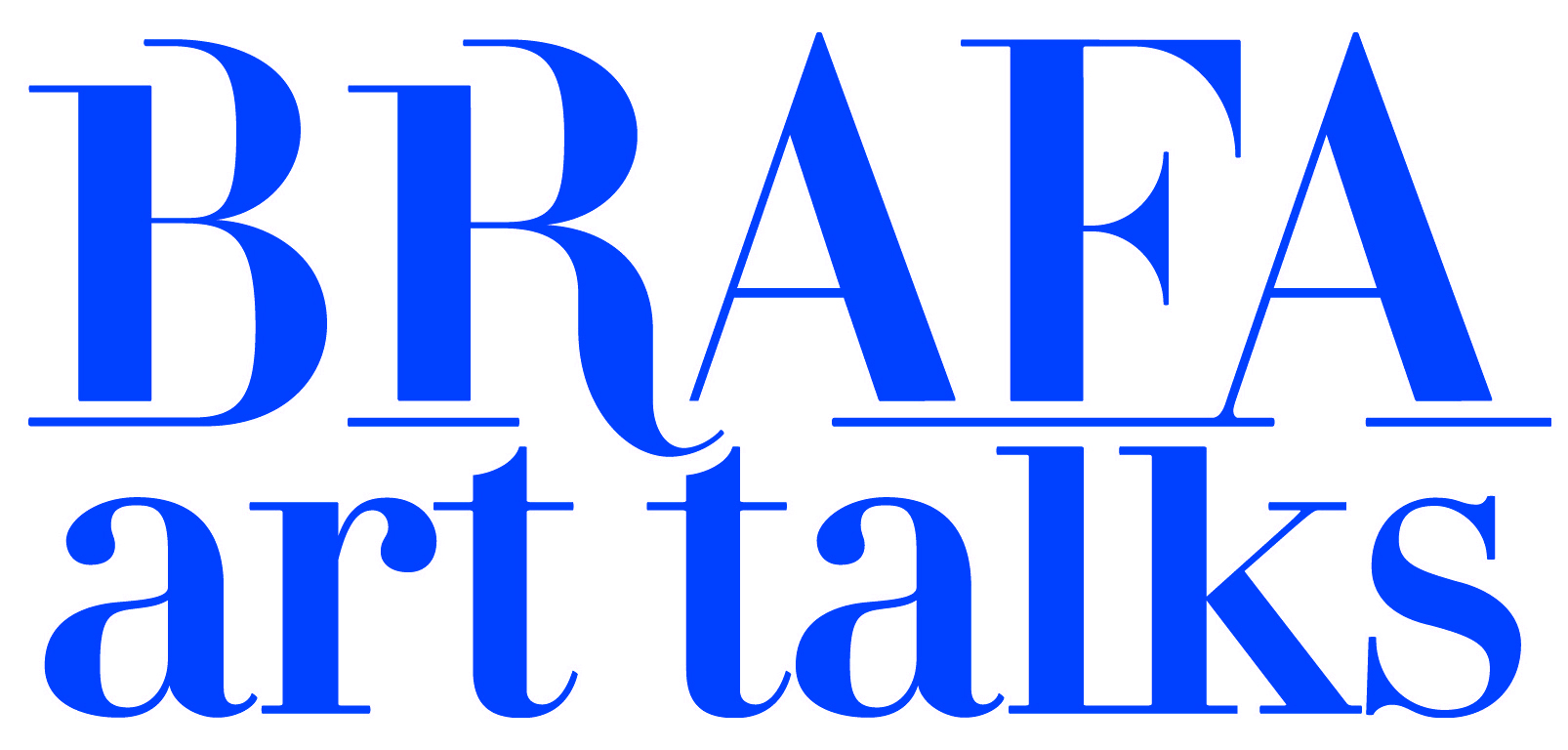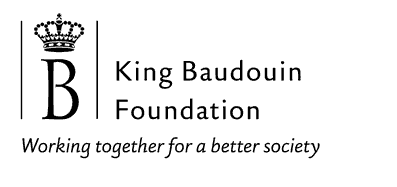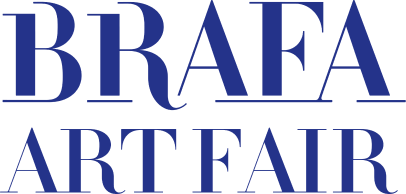BRAFA ART Talks


Art history is a source of information and inspiration for art lovers, collectors and dealers alike. For the fourth year in a row, Brafa has organized the Brafa Art Talks, a series of daily lectures.
This year, the King Baudouin Foundation is curating the Brafa Art Talks. 2017 marks their Heritage Fund’s 30th anniversary and the 10th anniversary of their presence at Brafa. The Heritage Fund is devoted to the conservation and protection of Belgian cultural heritage. Curators, restorers, art world professionals and art market experts will take turns to share their knowledge, covering diverse fascinating subjects.
Daily at 4 pm at the Brafa Lounge - stand 46a
PROGRAMME
21/01/2017
An application made for museums
This new application enables visitors to discover objects shown in museums and cultural heritage centres using augmented reality (incorporating sound, video, 2D or 3D images). All you do is take a photo of the object or the icon situated next to the exhibit and the relevant information appears on your smartphone or tablet.
Language: NL
22/01/2017
Multiple perspectives: how objects are perceived differently from culture to culture
Our cultural heritage and our contemporary understanding of art both have an undeniable influence on the way we perceive objects from other cultures. Just as the materiality of the object is vital in Western culture for example, so immateriality is essential elsewhere.
Languages: FR & NL
23/01/2017
From pen to needle
Bérengère de Laveleye, Curator, Museum of the City of Brussels
Hélène Bartelloni-Cascio, Restorer
Once, a tapestry was worth a house. Which is far from astonishing when you discover the secrets of their fabrication. The restoration of Pieter Coecke van Aelst’s design on cardboard for the ‘Martyrdom of Saint-Paul’ tapestry, held at the Museum of the City of Brussels, led to the most fascinating discoveries.
Languages: FR & NL
24/01/2017
Big data creates a buzz. How does this effect cultural heritage?
The significance of data is becoming increasingly clear. This is also true in the domain of art. Big data creates a buzz, and cultural institutions can’t ignore the new trend. What sort of information is concerned, and what are its uses?
Language: NL
25/01/2017
Museum in transition
The Royal Museum of Central Africa is going through a period of transition, and will soon welcome visitors to discover its collections in a new way. What happens behind the scenes of a museum renovation project? Does everything stop? Come and get a glimpse for yourselves!
Language: NL
26/01/2017
The collector
Did you know that without private collectors, there would be no Louvre, no Met or Getty Museum? In Belgium too, many museums would not exist without these generous donors. In fact, many works of art around the world would have been lost for good without them!
Languages: FR & NL
27/01/2017
Rediscovery of a work by the young Van Dijck
A major artwork has recently reappeared: ‘The Apostle Matthieu’, painted by Anthony Van Dijck at the very start of his career. It even seems likely that the work was created in Rubens’ studio in Anvers. Previously kept in the intimacy of a private collection, the painting will now be accessible to all.
Language: NL
28/01/2017
Journey to the heart of an artwork
Lieve Watteeuw, Illuminare - Studiecentrum voor Middeleeuwse Kunst, K.U.Leuven - Faculteit Letteren
Fiona Lebecque, Assistant Curator, the Archaeological Society of Namur
The human sciences and exact sciences have often been considered to have little or nothing in common. However, studying an artwork from the point of view of a chemist or physicist is a very enriching experience! The analysis of the mitres of Jacques de Vitry illustrates their discussion.
Languages: FR & NL
29/01/2017
Fascinating Egypt
Egypt fascinates, and one Belgian in particular, Jean Capart (1877-1947) contributed significantly to this fascination by unearthing precious fragments of information that still hold our attention today. But who was Jean Capart? 70 years after his death, few remember this great Egyptian art specialist who founded Egyptology in Belgium and was a central figure of cultural and scientific life both in Belgium and abroad in the first half of the 20th century.
Language: FR












